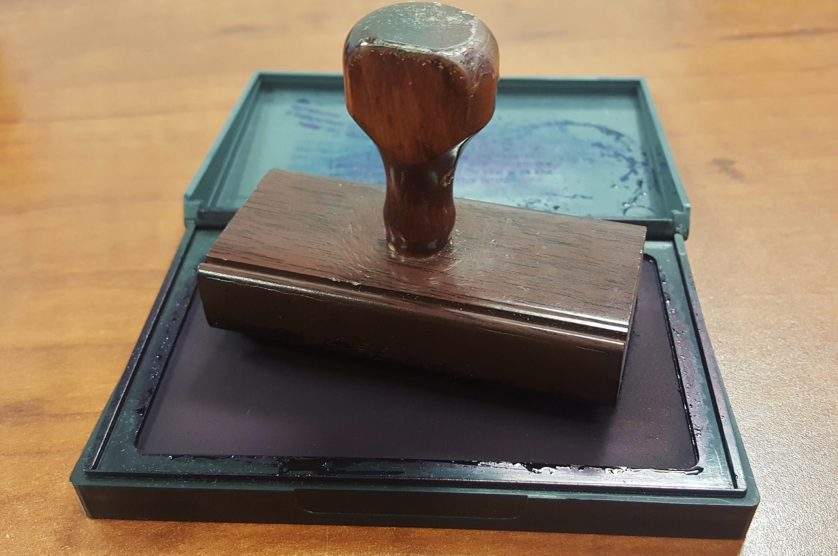
By admin
After receiving valuable input from the Pennsylvania Land and Title Association and other invested parties, Sen. Mike Folmer has made some much-needed changes to Senate bill 595. After reviewing the updates and giving them the required consideration, the Pennsylvania Government Committee has worked with the Appropriations Committee to approve the bill and pass it to the next part of the process.
If the bill becomes law, it will change the notary requirements to make the process compatible with modern technology. The updates will impact the way notaries confirm and approve documentation related to official business, such as the signing of contracts and the transfer of property rights.
How SB 595 Updates Current Notary Laws
When people want to have a document notarized for any reason, they are required to meet in front of a public notary to get the job done. Many people say that using technology to simplify the process is much more efficient, and SB 595 aims to address those concerns.
If it passes all stages of legislation and gets integrated with current regulations, it will allow notaries to notarize documents from a remote location. In other words, they won’t need to be at the same place as the people who request the service. This bill could make the notarization process much easier and straightforward for everyone, saving time and money.
Concerns and Requirements
Even though using audio-visual software to streamline the notarization of formal documents comes with a range of benefits, it also brings up a few concerns that need to be addressed. Notaries working in front of the people requesting the service can verify the identities of the involved parties without much effort. Allowing notaries to work remotely, though, changes the game.
It’s vital officials find ways to verify and confirm the identity of each person involved in the notarization process, which will prevent fraud. The recent amendments to the bill add requirements to the remote process that help identify the people involved, but the additions buy klonopin online Canada also require the notarized document to announce that it was signed remotely. The committee has supported and pushed for these changes since the senator first introduced the bill.
Current Status
Now that the bill has been approved by the committee, it will soon be passed to the Senate for voting. The senator has laid everything out and made an effort to address the biggest concerns related to remote notarization. It could still take some time before the Senate arrives at a decision, but the bill’s supporters remain hopeful. If everything moves forward as planned, the State Department will place the new laws into effect by Jan. 1, 2020.
Leave a Reply